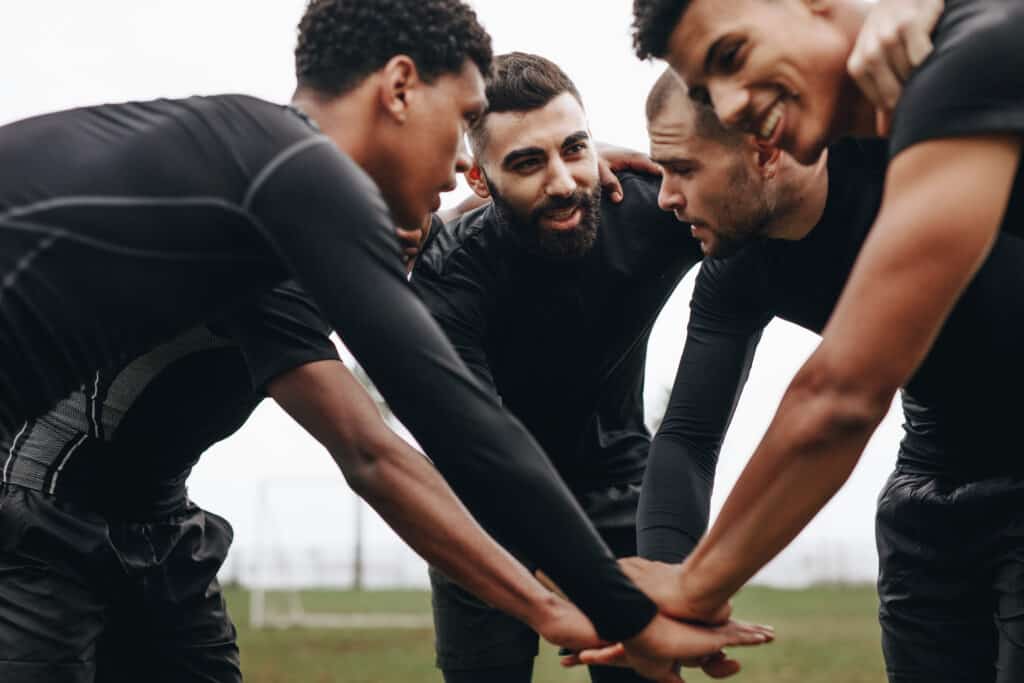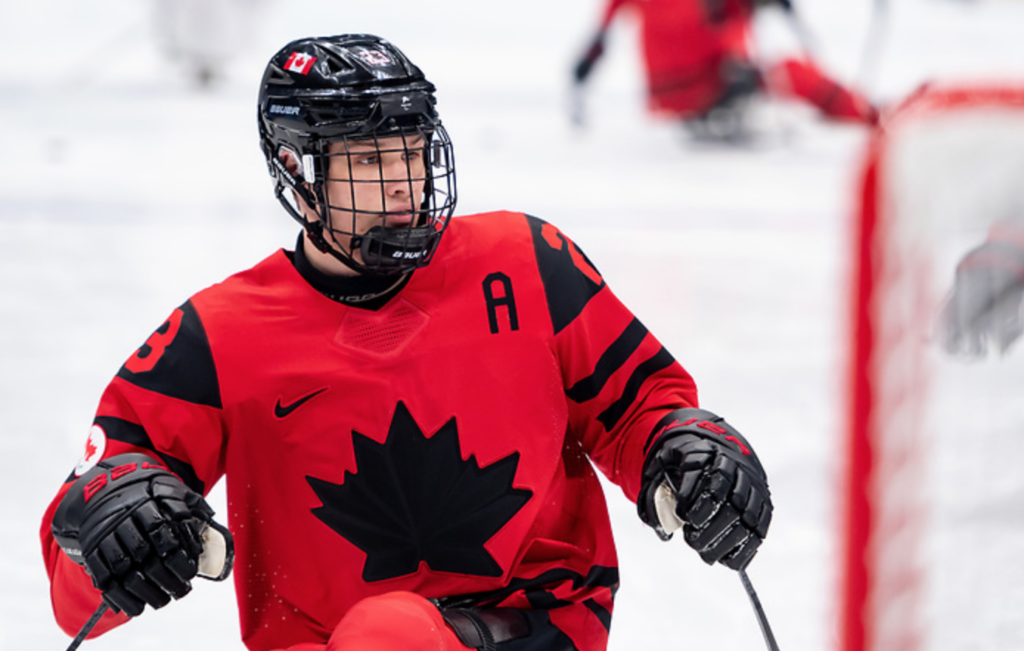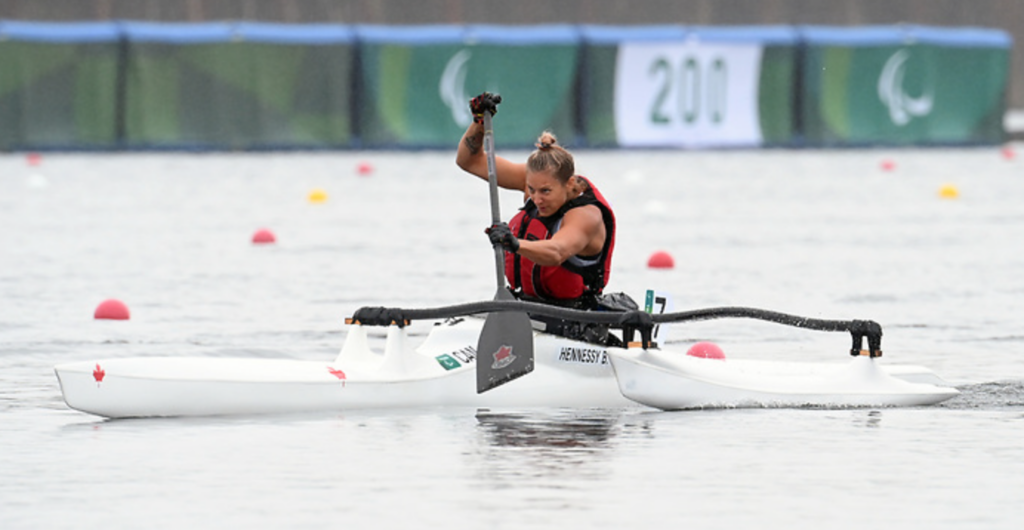Positive sport experiences of gay men

Sport participation has many benefits for one’s well-being. However, sport is not always a welcoming environment for LGBTQ+ people. Research consistently demonstrates that homophobia can be pervasive in sport contexts like gyms, arenas, and locker rooms (Anderson, 2017; Cleland, 2018; Frederick et al., 2022; Hartmann-Tews et al., 2021). In August of 2022, the federal government…
Built environments and physical activity
Built environments include the layout and design of communities in which people live and work. Research demonstrates that built environments that create physical activity opportunities for people of all ages and abilities, and that also support various types of transportation, are essential in supporting physical activity. A well-designed built environment may include elements such as…
Beating the winter blues
Are you experiencing anxiety leading up to the winter this year? Consider taking up a winter sport! A recently published study followed nearly 400,000 Swedish cross-country skiers and non-skiers from the general population over a 21-year period. The researchers found that individuals who skied regularly were almost 60% less likely to experience anxiety than non-skiers.
Interval training
Interval training consists of repeated high-intensity exercise, lasting from seconds to minutes, followed by a recovery period. Common forms of interval training include high-intensity interval training (HIIT) and sprint interval training (SIT). Read more about how HIIT and SIT can produce greater improvements in a person’s physiology than longer duration, low or moderate intensity exercises…
Adolescents with Autism
Physical activity improves physical health in youth with Autism Spectrum Disorder (ASD) while also developing social and communication skills. Research shows that adolescents with ASD are 60% less likely to participate in physical activity and 74% less likely to participate in organized sport compared to age-related peers. Creating policies and practices specific to the needs…
Remembrance Day
Today, we as Canadians take time to observe Remembrance Day. We remember the individuals who have served, continue to serve Canada and the sacrifices they’ve each made for our country. Physical activity (PA) programs have helped veterans with disabilities find a sense of community, as well as promote their health and well-being. Additionally, program providers…
Recruitment of officials
Community organizations across the country are experiencing a shortage of sport officials. Research shows that nearly 80% of sport officials across Canada are either previously or currently active as an athlete in the sport they officiate. Individuals already involved within a sport are likely candidates to recruit as officials due to their passion for the…
Challenges and opportunities of dual sport participation

This blog is a part of a series created in collaboration with the Canadian Paralympic Committee and the Paralympic Athlete Transfer Task Force, spotlighting the opportunities and challenges of Para athlete transfer and multi-sport participation. Not many athletes can claim both summer and winter Paralympian status. Liam Hickey of St. John’s, Newfoundland, is one of those rare athletes. He represented Canada…
Integration of refugees in sport
Sport can provide refugees opportunities to make social connections. To successfully integrate refugees into sport, sport organizations need an active approach needs by managers, coaches and volunteers. A positive and welcoming environment, an inclusive narrative, and making the club feel safe and fun are other factors that can contribute to success.
Push and pull: Paralympian Brianna Hennessy is stronger for her multi-sport participation

This blog is a part of a series created in collaboration with the Canadian Paralympic Committee and the Paralympic Athlete Transfer Task Force, spotlighting the opportunities and challenges of Para athlete transfer and multi-sport participation. “Para sport, for me, it’s my purpose. It’s the only time I feel alive,” says Brianna Hennessy, Tokyo Paralympian. Hennessy was struck by a…